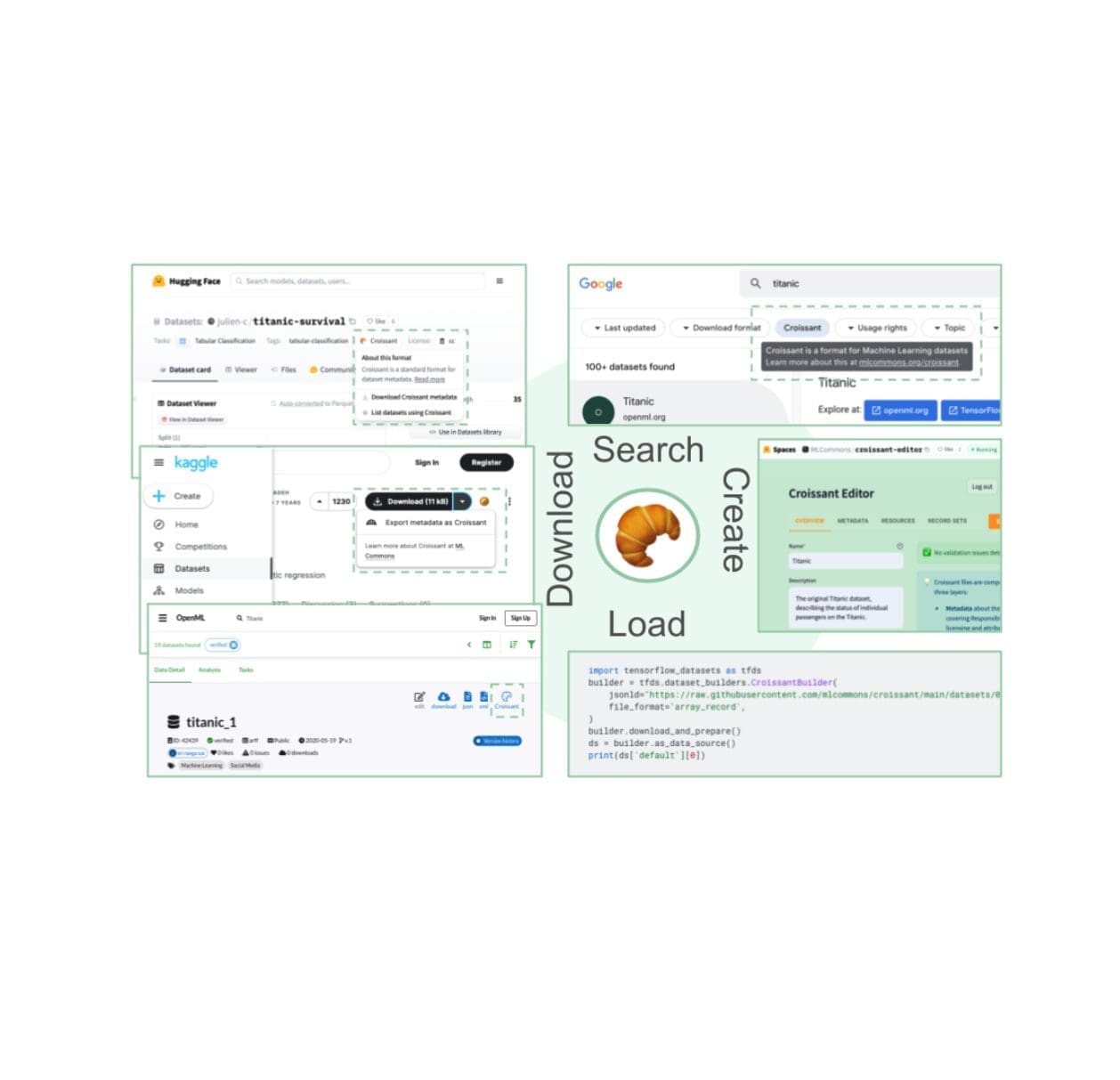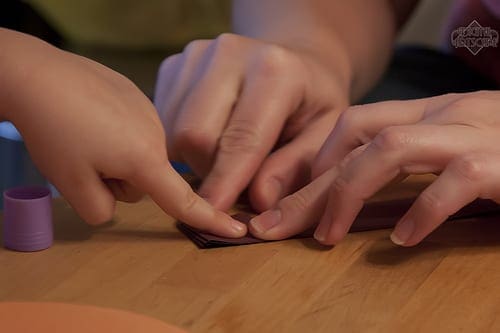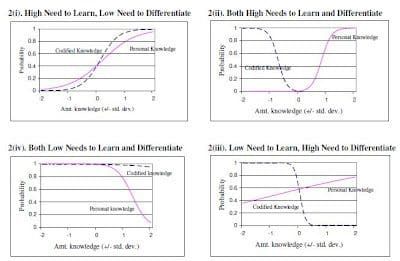
Favorite Posted by Omar Benjelloun, Software Engineer, Google Research, and Peter Mattson, Software Engineer, Google Core ML and President, MLCommons Association Machine learning (ML) practitioners looking to reuse existing datasets to train an ML model often spend a lot of time understanding the data, making sense of its organization, or
Read More
 Shared by Google AI Technology March 6, 2024
Shared by Google AI Technology March 6, 2024

Favorite Posted by Anoop Sinha, Technology and Society, and Marian Croak, Google Research, Responsible AI and Human Centered Technology team Standard benchmarks are agreed upon ways of measuring important product qualities, and they exist in many fields. Some standard benchmarks measure safety: for example, when a car manufacturer touts a
Read More
 Shared by Google AI Technology October 26, 2023
Shared by Google AI Technology October 26, 2023

Favorite Posted by Damien Pierce, Software Engineer, and John Anderson, Senior Research Director, Google Research Some cities or communities develop an evacuation plan to be used in case of an emergency. There are a number of reasons why city officials might enact their plan, a primary one being a natural
Read More
 Shared by Google AI Technology October 16, 2023
Shared by Google AI Technology October 16, 2023

Favorite Posted by Peter Mattson, Senior Staff Engineer, ML Performance, and Praveen Paritosh, Senior Research Scientist, Google Research, Brain Team Machine learning (ML) offers tremendous potential, from diagnosing cancer to engineering safe self-driving cars to amplifying human productivity. To realize this potential, however, organizations need ML solutions to be reliable
Read More
 Shared by Google AI Technology March 30, 2023
Shared by Google AI Technology March 30, 2023
Favorite Collaboration adds simplicity in a complicated world. Simplifying through collaboration is the topic of a Ted talk by Yves Morieux, embedded below, in which he gives us 6 rules to simplify work. Watch the talk to get the context, but here are his 6 rules (with more explanation here)
Read More
 Shared by Nick Milton August 9, 2019
Shared by Nick Milton August 9, 2019

Favorite There is a step in the maturation of communities of practice when their focus shifts from knowledge sharing to collaboration Working together, a photo by Hepcat75 on Flickr. Collaboration is an unnatural act in humans. We are tribal animals, and all our instincts lead us to see life in
Read More
 Shared by Nick Milton March 27, 2019
Shared by Nick Milton March 27, 2019

Favorite A lurker within the massively collaborative Polymath project explains the benefit he received. Lurking Cat, by Filip Maljkovic, on Flickr The Polymath Project is a collaboration among mathematicians to solve important and difficult mathematical problems by coordinating many mathematicians to communicate with each other. The project uses a blog,
Read More
 Shared by Nick Milton August 23, 2018
Shared by Nick Milton August 23, 2018

Favorite Collaboration is not always helpsful, and there are cases where it actually reduces your chance of success. The ideas in this blog post are from a very interesting paper by Martine Haas and Morten Hansen, who look at success data from bid teams to find out when collaboration actually helps
Read More
 Shared by Nick Milton August 7, 2017
Shared by Nick Milton August 7, 2017
![]() Shared by Google AI Technology March 6, 2024
Shared by Google AI Technology March 6, 2024






